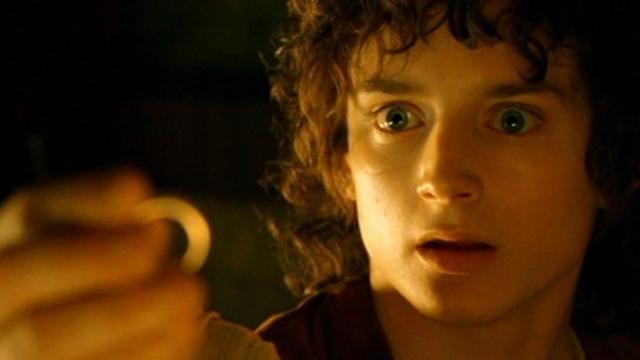Without one ring to rule them all, the rights for creators to tell stories in Middle-earth have long been a confusing mess — a mess that has only gotten more confusing when Embracer Group announced it had acquired a chunk of Lord of the Rings’ rights. Not sure who exactly can do what? Here’s our guide.
How Many Companies Have Lord of the Rings Rights?
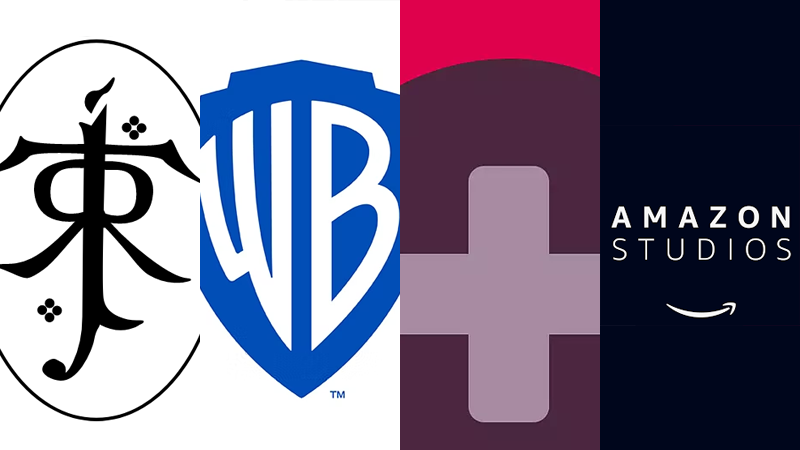
Perhaps the least complicated thing about Lord of the Rings is who actually owns rights to it. It’s pretty much four main entities:
- The Tolkien Estate, alongside HarperCollins
- Embracer Group, the owner of Middle-earth Enterprises
- Warner Bros., through New Line Cinema
- Amazon Studios, the film and TV subsidiary of Amazon
What’s confusing is just what each entity can actually do with what they own. Arguably, the people that actually own the Lord of the Rings as a story is the Tolkien Estate — everyone else can just adapt parts of it, and in certain ways.
What Can the Tolkien Estate Do With Lord of the Rings?
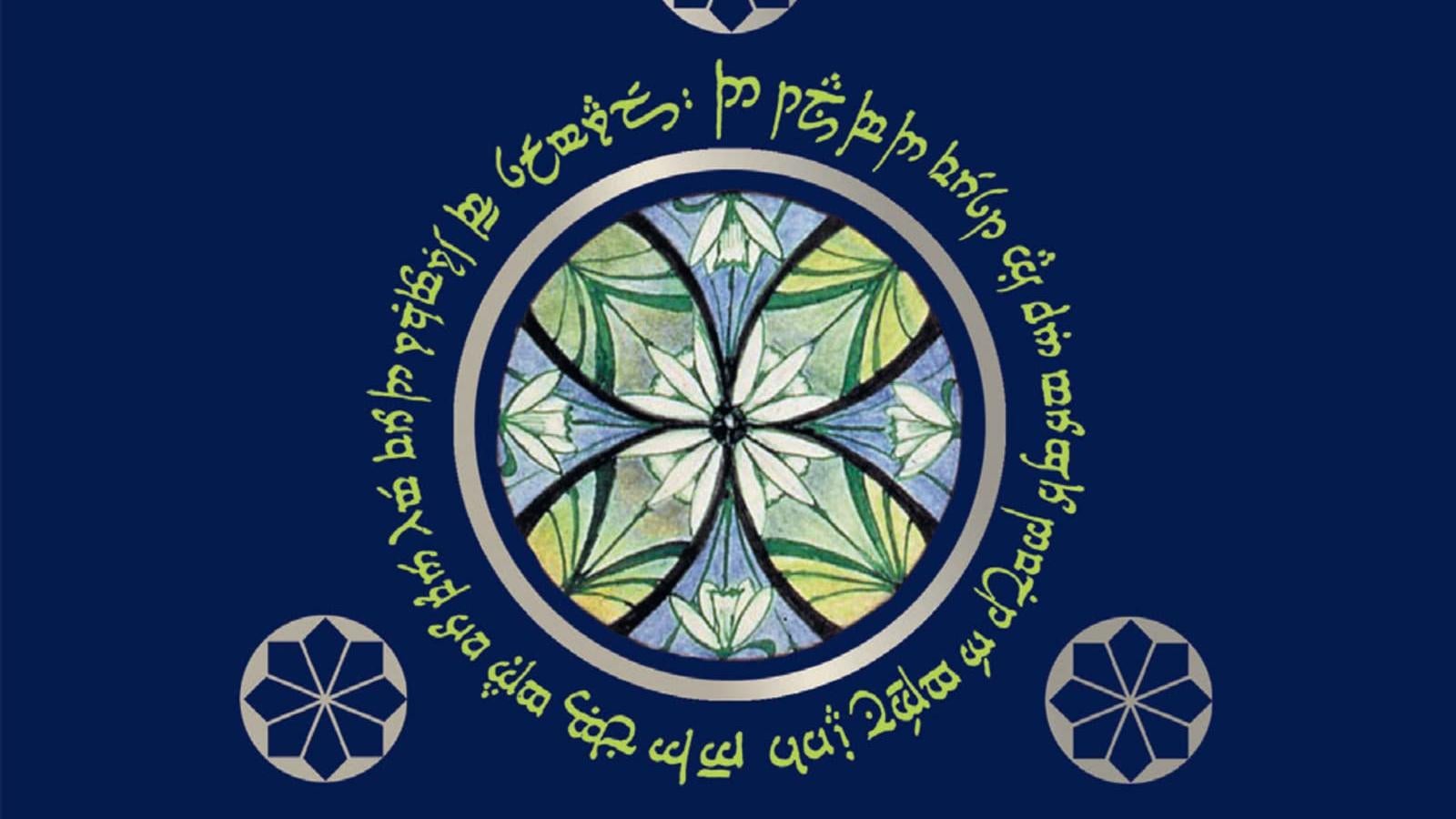
This is the big one: Tolkien’s estate, alongside publisher HarperCollins, have the publishing rights to The Lord of the Rings and The Hobbit as Tolkien’s original novels. They control any reprints or re-releases of the original books, as well as the other connected novels and anthologies that were released posthumously from J.R.R. Tolkien’s notes — including The Silmarillion, and works like The Unfinished Tales of Númenor and Middle-earth.
The Tolkien Estate also retains the licensing rights to those latter works — it’s only the non-publishing rights for Lord of the Rings and The Hobbit that have gone elsewhere.
What Can Embracer Group Do With Lord of the Rings?
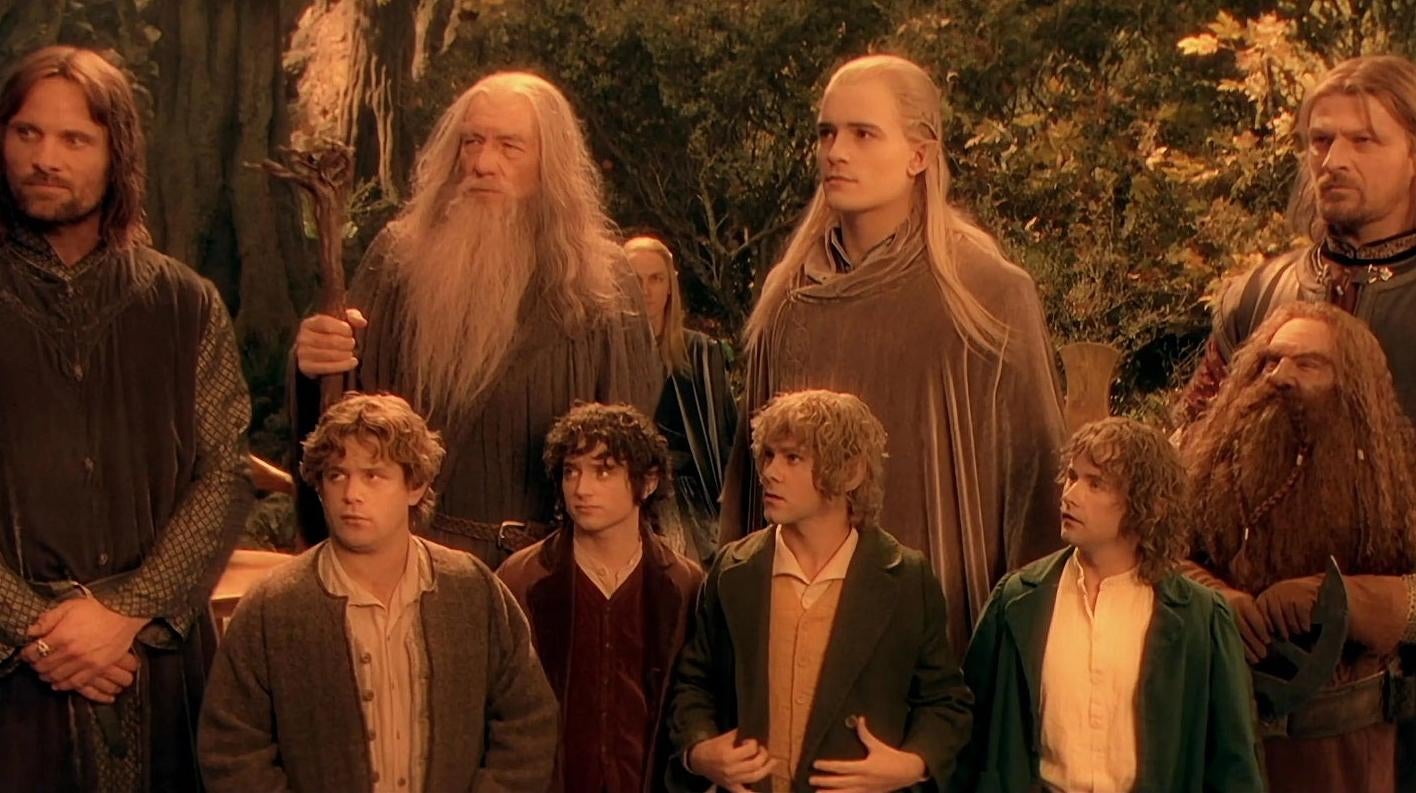
Last last year, climaxing a spate of company acquisitions across comics, games, and more, the Embracer Group — a Swedish-based conglomerate born from the ashes of Nordic Games — announced that it had acquired Middle-earth Enterprises, a subdivision of the Saul Zaentz Company that has owned myriad worldwide adaptive rights to Lord of the Rings and The Hobbit since the mid-1970s. This includes specific character and location names, objects, certain events from the story, and particular phrases and quotes from both books.
Embracer, through Middle-earth Enterprises, can licence these rights out across film, certain TV productions — as we’ll see with Amazon soon — games, and other media, and currently do so through a series of licenses that were arranged during the Saul Zaentz Company’s ownership of the subdivision. These deals include:
- Warner Bros., for film rights (more on that soon)
- Games Workshop, the British-based Warhammer miniatures developer which also releases the Middle-earth Strategy Battle Game wargame series, covering both the books and the Warner Bros. movies
- Free League Publishing, for tabletop RPGs like The One Ring RPG, as well as other card and board games
- Warner Bros. Interactive Entertainment, for video games pertaining to both the books and Peter Jackson’s movies
- Merchandise companies such as Royal Selangor, Danbury Mint, and Lladró Comercial, for products based on the books and movie trilogies
What Can Warner Bros. Do With Lord of the Rings?
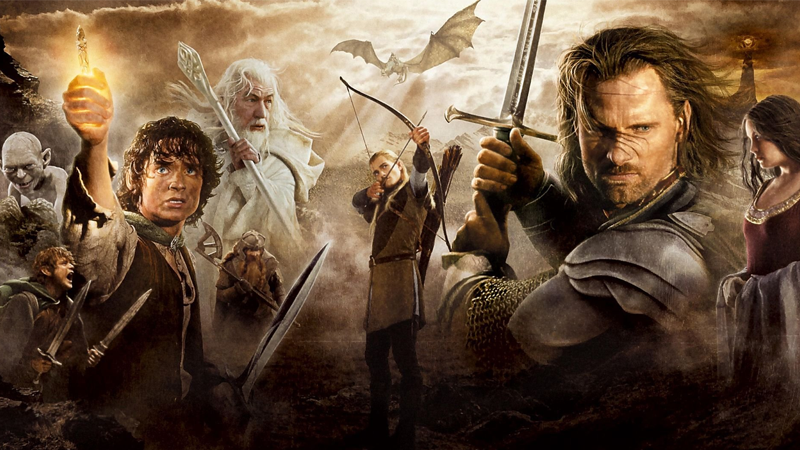
Warner Bros., through New Line Cinema, has held the movie rights to The Lord of the Rings and The Hobbit since the late ‘90s, after Peter Jackson’s movie plans moved from Miramax to it. As these rights are the ones licensed through Middle-earth Enterprises, these adaptive rights cover what we already mentioned — the use of names, events, locations, and so on. Warner in turn also owns the rights to those movies, and their specific imagery, for projects that can be set in the same world and continuity of the films.
That’s important, as Saul Zaentz was previously legally going to argue that the film rights had reverted to Middle-earth Enterprises again after no further Lord of the Rings or Hobbit movies were in production. The announcement of the animated prequel movie War of the Rohirrim, following the life of the King of Rohan Helm Hammerhand, changed that, and it seems that Embracer’s acquisition of Middle-earth Enterprises has led to that argument being put to bed, as the two companies are now working together on more films.
Beyond movies, since 2009 — after Electronic Arts’ licence for Lord of the Rings games concluded — Warner’s gaming subdivision WBIE has been the licensee for games using either the movies as source material or The Hobbit and Lord of the Rings novels. This includes titles like Lego Lord of the Rings, the duology Shadow of Mordor and Shadow of War, and WB Games Boston’s stewardship of the long-running Lord of the Rings Online MMORPG. Only one current video game is known to be in the works through the deal: Heroes of Middle-earth, a mobile RPG developed by Star Wars: Galaxy of Heroes’ EA Capital Games.
What Can Amazon Do With Lord of the Rings?
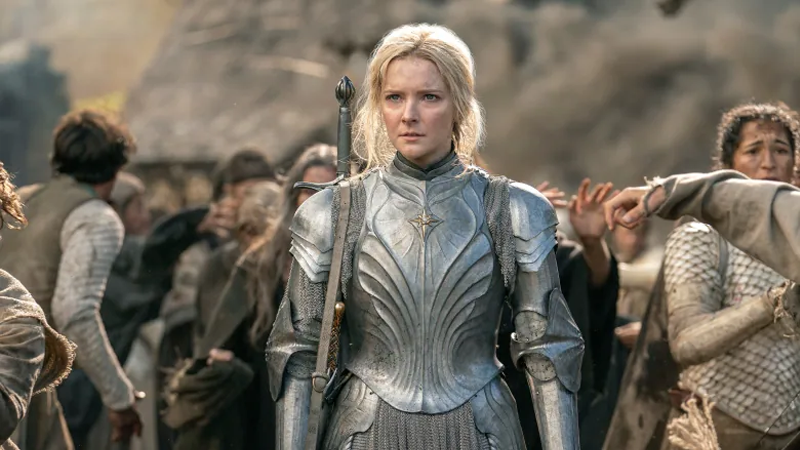
Amazon owns arguably the smallest slice of the Middle-earth pie. Not all the TV rights to Lord of the Rings and The Hobbit went to Saul Zaentz in the ‘70s — the rights Middle-earth Enterprise granted, and that are now in the hands of Embracer Group, cover series that are told serially in upwards of four parts. In 2017, Amazon negotiated directly with the Tolkien Estate for the rights to The Lord of the Rings and The Hobbit adaptations for series that run longer than that, securing them for $US250 ($347) million. Five years later, that deal gave us The Lord of the Rings: The Rings of Power, a prequel series set during the Second Age of Tolkien’s Middle-earth chronology, thousands of years before the events of The Hobbit and The Lord of the Rings, charting the return of the Dark Lord Sauron and the creation of the titular rings.
These rights also specifically relate to Lord of the Rings and The Hobbit — giving Rings of Power access to names and events referenced in those works, so characters like Elrond, Galadriel, and more can appear — which means Rings of Power cannot directly adapt events that Tolkien specifically laid out in books like The Silmarillion or The Unfinished Tales of Númenor and Middle-earth. Instead, it’s been forced to create its own version of those events, inferring points and details Tolkien referred to in Lord of the Rings and its appendices, as well as The Hobbit.
